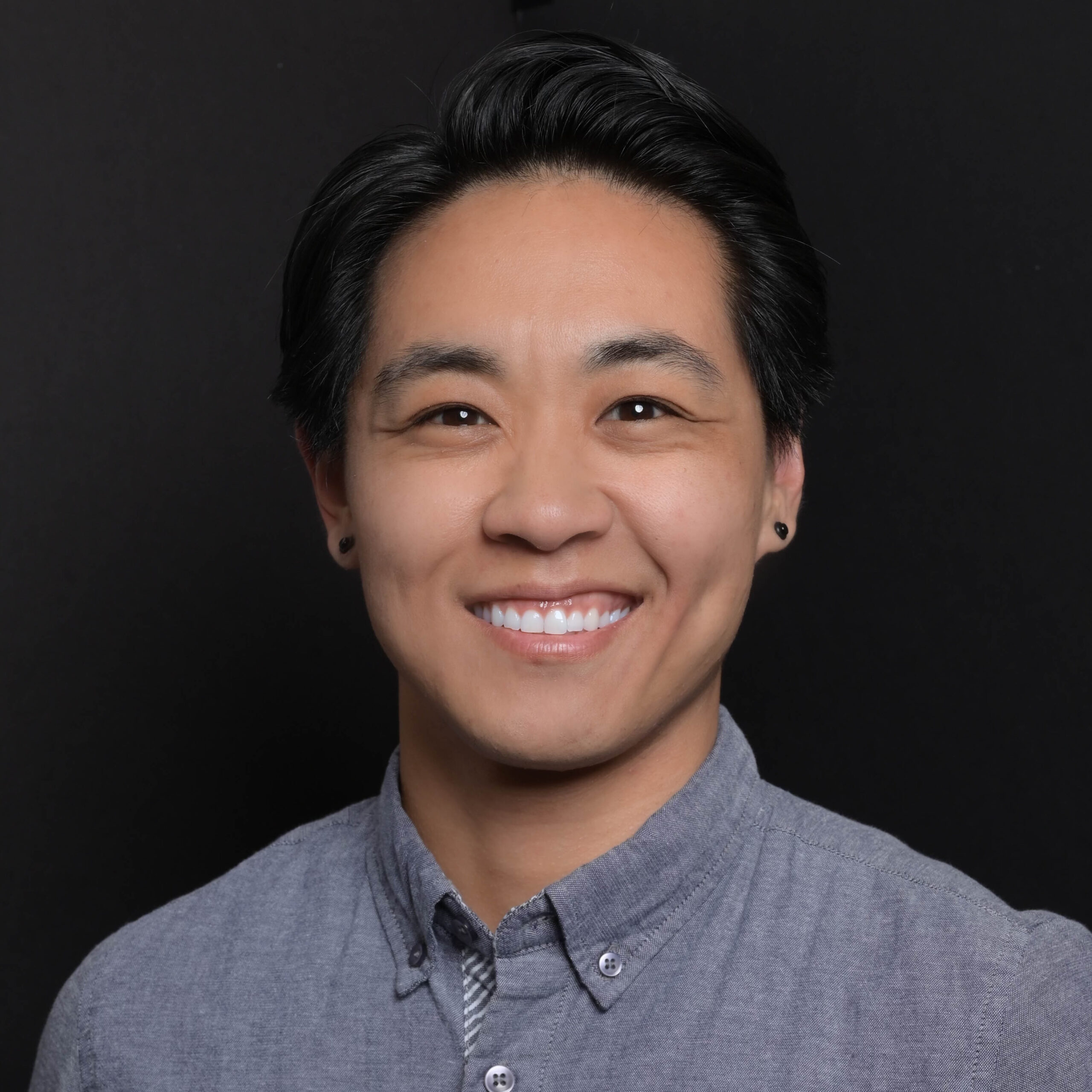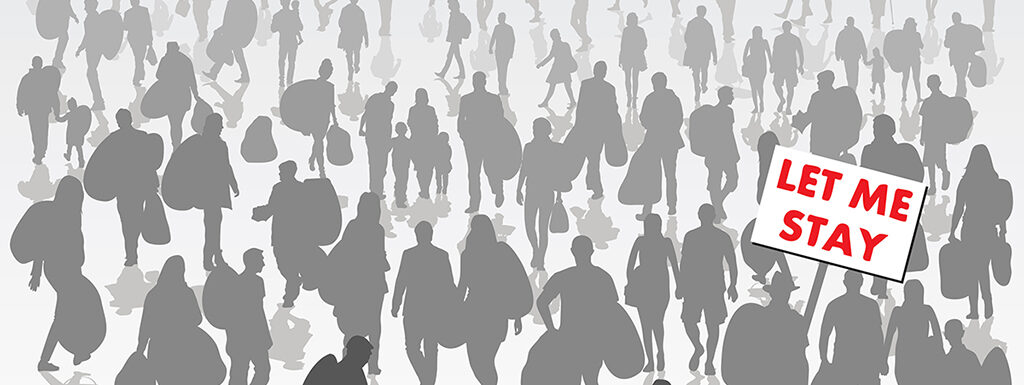November is National Adoptee Awareness Month, a time meant to recognize and honor adoptee experiences, truths, and advocacy. For many adoptees, it can also be a time of reckoning with who we are and claiming our space. We share our stories, amplify our communities, and reflect on what it means to live between worlds: the one we were born into and the one we were adopted into.
But this year, as the world feels increasingly heavy with wars, mass displacement, anti-immigrant sentiment, and policies that separate families, the anxiety we all are feeling is high and it feels like our communities are paralyzed by the overwhelming feeling of where to start. How do we act, speak, and keep fighting when everything feels like too much?
For adoptees, especially intercountry adoptees, these questions strike at our core. Because beneath the stories of “forever families” and “better lives,” there lies a truth we are still trying to reclaim: we are immigrants. I’ve spent years advocating for the Adoptee Citizenship Act and sharing my own story of becoming a citizen alongside so many others. For a long time, I didn’t see myself as an immigrant or even as a person of color. To do so would have meant acknowledging that I was different from the family I grew up in. This sense of belonging runs deep for adoptees, especially when you look different from the rest of those in your family.
For decades, intercountry adoptees have been told our adoptions were separate from immigration. Our paperwork was “different.” Our path to citizenship was “automatic.” But history and the lived experience of thousands proves otherwise. Many adoptees discovered, often as adults, that their adoptions did not include citizenship, leaving them undocumented or stateless in the only country they’ve known. Others have faced detention, deportation, or decades of legal limbo.
As adoptees, we’ve already survived the unimaginable. We’ve built a community out of disconnection. We’ve found language for what once was silence.
To come out of the fog, for us, is to not only confront the personal myths of adoption but to name the political ones too.
We cannot talk about belonging without talking about borders.
We cannot talk about family without talking about forced migration.
We cannot talk about adoptee rights without talking about immigrant rights.
As adoptees, we are often told that our stories are unique. But uniqueness can also be isolating. It can trick us into believing our struggles are disconnected from the larger systems of immigration and displacement. Yet, we are part of those systems, woven into the same policies that tear families apart at the border, policies that decide who gets to belong, and who gets to stay.
To reclaim our full selves, we have to reclaim this truth: we are immigrants. And when we speak up during National Adoptee Awareness Month, we must do so not only as adoptees, but as members of a global diaspora who understand loss, movement, and resilience in our bodies.
This means standing shoulder to shoulder with immigrant communities, demanding pathways to citizenship for adoptees still left out, and recognizing that the fight for our rights is inseparable from the fight for others displaced by war, poverty, and policy.
It also means recognizing that our healing and our activism are intertwined. The paralysis many of us feel in the face of global crisis is real but it is not the end of the story. As adoptees, we’ve already survived the unimaginable. We’ve built a community out of disconnection. We’ve found language for what once was silence.
This month and every month we are called to keep going. To organize, to advocate, to rest, and to remember that even in the face of despair, reclaiming our identities is an act of resistance.

CS Wright (they/them)
Board Member/President
CS Wright is a South Korean-born adoptee who has a versatile background in nonprofit management and advocacy. They currently work for a national non-profit, Worth Rises, overseeing financial and operational matters. Beyond their professional career, CS advocates for LGBTQ+ rights and actively engages in political initiatives. Notably, they worked on a historic campaign in Seattle helping to elect the first person of color and woman to the King County Prosecuting seat.

